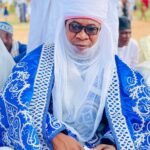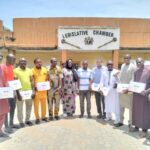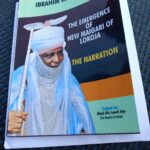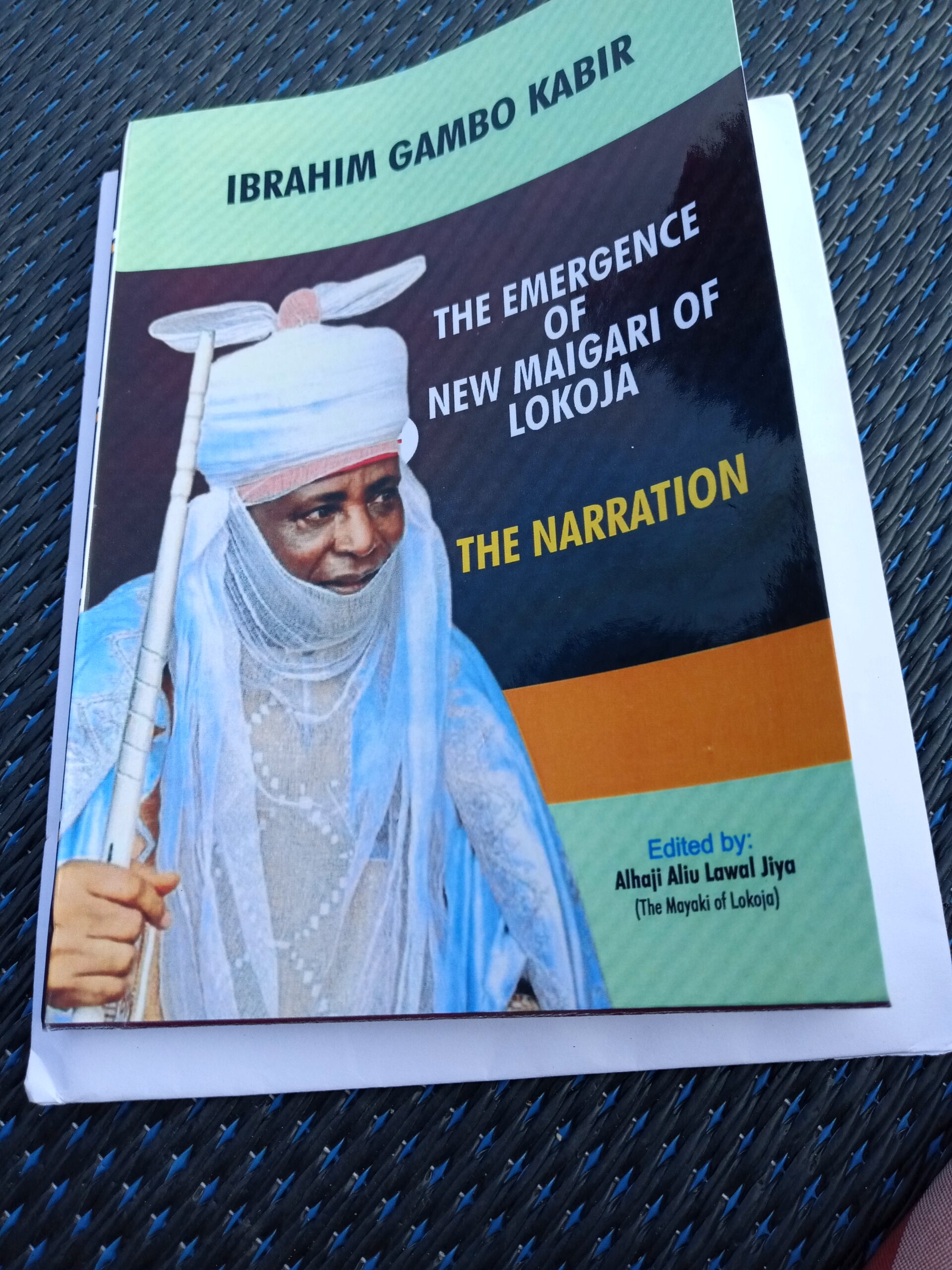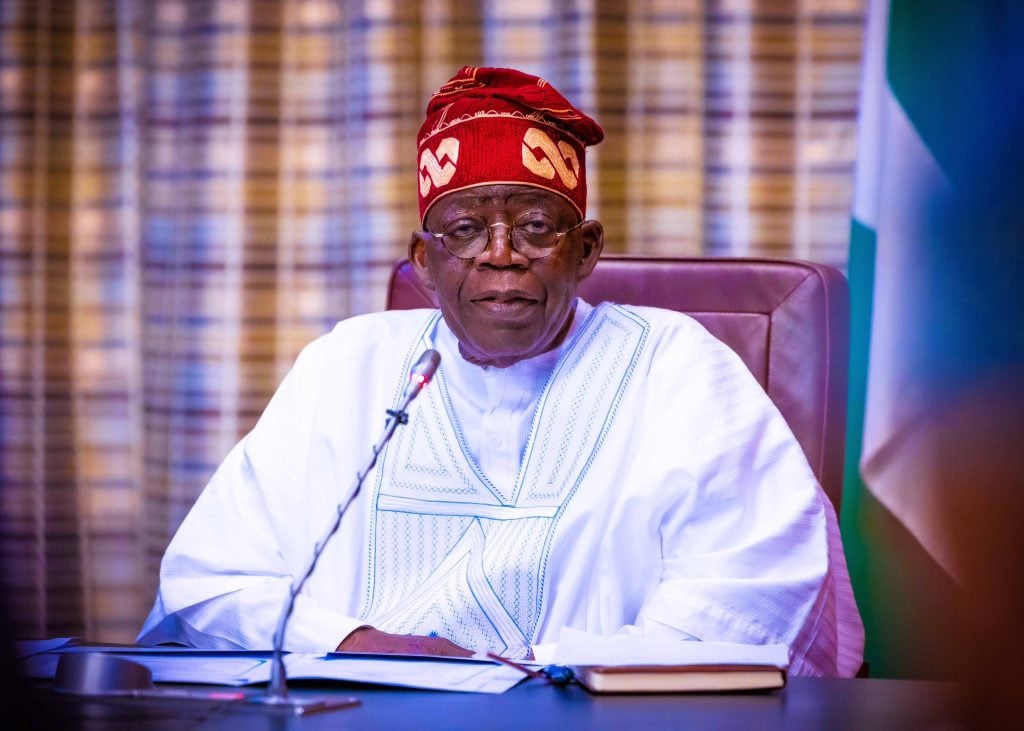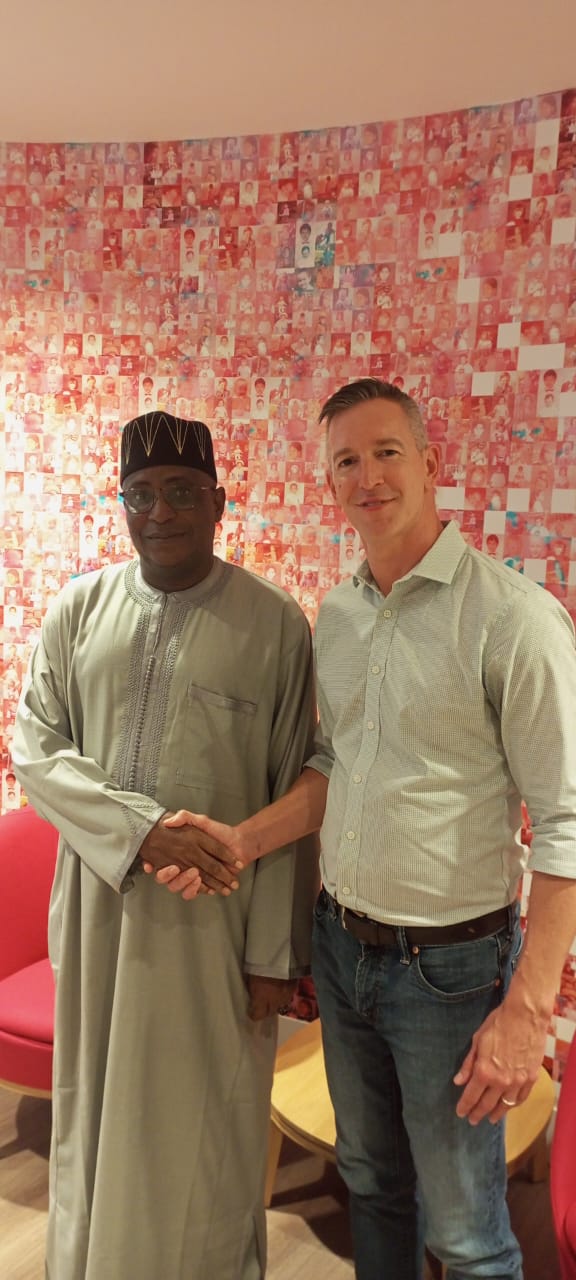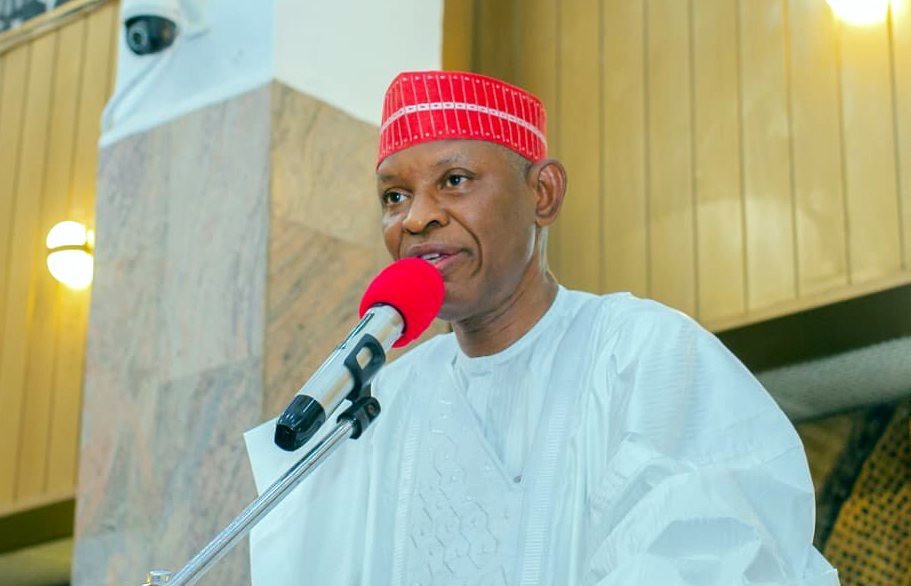By: Buhari Sani Omolori.
The 21st-century mind is expected to be the most refined, most coherent and most advanced in knowledge. That is why it is surprising to see a Federal High Court ruled out of ignorance and to see a king heavily burdened by expansionism, and constantly fanning dangerous fires amongst people who have peacefully lived as neighbors.
His Royal Majesty, the Attah Igala, Ameh Oboni relied on the supposed treaty of 1841 to lay claim to Ajaokuta, Kotonkarfi and Lokoja lands.If this were not putting the cart before the horse, then he should have established ownership of the land which in turn would have given the right to cede or sell. You cannot sell what you do not own. The said treaty never came into effect.
I am not sure if the present Attah were as informed as Attah Aliyu Obajeh who knew that The Queen, upon discovering the fraud in the deal, declined to sanction it. In his misguided letter to General Sani Abacha in 1995, Attah was well aware that in the deal, the Queen reserved the right to modify or annul the deed of secession and equally knew that the British foreign office had agreed with Lord Aberdeen that the treaty with the chief of igala should not be sanctioned for the simple fact that Attah had no control over the claimed land, and therefore the Queen sought protection for her console from the Etsu of Bida, who was in charge of Lokoja. Where was the Attah when the Etsu gave permission to Dr. Balfour William Baikie in 1859?
The areas around the confluence of the Niger Benue river (Lokoja) were inhabited by fishermen from Bassa Kwom, Ebira Mozum, Bassa nge, and the Oworro people. The jihadist, under the banner of the Etsu of Nupe Mammadu Shaba, swept across Lokoja in 1839, pushing down the Bassa nge, Bassa kwom and Ebira mozum people to southeast of the Niger- the present day Bassa local government, in which they settled independently of the Attah of Igala. To date, these people are independent of Attah of Igala. According to Samuel Ajayi Crowder, by 1854, the natives of Mount Patti were forced by the jihadist to abandon their stronghold (S.A crowder, 1970, 97). Could Attah, who wasn’t in control of Bassa, have had the stomach to confront jihadist for the right to Lokoja?
By 1897, the Royal Niger Company conquered Bida and all previous treaties would have been nullified. In 1917,the British Administration of the Northern Protectorate appointed Alh Ibrahim Onoruoiza, who took the title of Attah , as the leader of Ebira. Alh. Ibrahim Onoruoiza appointed his brother, Alh. Yakubu Wokili to administer (collection of tax and orders) Lokoja in his stead. Alhaji Yakubu Wokili ruled from Atta’s Palace in Lokoja. The Palace is still standing there today. Lokoja was later moved in 1946 from Ebira (Hima/Kogi Central) division to Kotokarfi (Ebira Igu) division to form Kwara Federated Native Authority with Lokoja as headquarters. Do the Attahs of Igala have a footprint in Lokoja or is their only relic the paperwork of unsanctioned treaty? Attah’s fabrication of 1841, which some of his progenies are very much proud of today, its a shame.
Going by the Igalas’ narrative that Ajaokuta denotes the stone market or market on the rock, the said market came to life in the early 20th century, when the UAC, John Holt and G.L Kaiser established produced buying station,where our traders exchanged farm produce for iron slabs and textiles among others. On the other hand, the settlement of our people in Ajaokuta dates back to the 17th century. Several ancient towns were founded ( Ukpake, Ohungere, Obangede, Ohuovene, Ukako, Inare among others). It was in this same 17th century that the first paramount ruler of the Igalas came from Jukun to establish the Atahete dynasty. The leadership of Ajaokuta in terms of taxes and policing has always been
by the Ebira Native Authority,with Okene as headquarter.
In the 80s, the Ohinoyi of Ebiraland, Alh. Muhammad Sani Omolori, officially opened the Itobe (the hunting ground) market for his people on the eastern flank of the Niger River. Such significant foothold in the eastern flank of the river Niger (Ofu Local Government) will continue to be the aspiration of Attah in Ajaokuta. This, however, never prompted Ohinoyi to incite his people in declaring any part of Ofu as part of his kingdom;a common trend in Attah Ameh oboni’s antecedents,but the pockets of igalas in Ajaokuta are not that fools.
The greatest authority in Igala’s history,J.S Boston, in his book ‘The Igala Kingdom (p.102) referred to Itobe and other villages (Bassa) in the eastern bank of the Niger River, which was in sharp contrast to the igalas, as Igala by assimilation and not by origin. According to him, ‘’The greater part of the settlers who founded these clans are one or other of three major divisions of Ebira tribe from panda on the Benue, kotonkarfi (Igu) on the left bank of the Niger or from the Hima group whose settlement runs inland from Ajaokuta on the right bank of the Niger”. The Hima group are the present-day Ebira people of Kogi Central.
The Igalas in 1976 pressured the Irikefe panel, demanding to be excised from Kwara to join Benue, citing the river niger as the natural boundary and Yoruba’s domination. They left Kwara with hope to dominating the Tiv in Benue but they were not that fortunate. They ran to join us in Kogi after losing their proposed Okura State,citing reasons such as being part of old Kabba province and also hoped to dominate with claim of 54% of the population. However, the 1991 provisional census figures proved them wrong. But the Ebira people whose hospitality is legendary didn’t find it hard to give the igalas their first governor but also paved the way for them to be the chairman of the Council of Chiefs. After all, we were governor in old Kwara,and at the time had illustrious sons in top positions in the federal government (I.G & Chief of Army Staff)
But we were soon to realize the extent of their greed in their appointments.even though over 70% of the internal revenue comes from Central. They didn’t stop there;the Specialist Hospital we inherited from Kwara was moved from Obangede to Igala. Racism couldn’t be more pronounced.
Sen. Ahmadu Ali in his recent publication, claimed to have been putting together documents used in court for the past 30 years,yet Ajaokuta didn’t feature in their proposed Okura State of less than 30 years. He made the assertion that they control all the way to southern Kaduna and how all Kogi State belongs to the Attah. How unreasonable will it be should Oba of Benin lay claim to the entire igalaland that was firmly in their control during the time of Oba Esigie in 1515 all the way to the 17th century,or the Oyo empire tries to reclaim her former territories including Egbaland, Ilorin, or if the Sokoto Caliphate does the same. Such attempt today will undermine the sovereignty of our nation and will only take us back to the stone age. Today, such claims by the igalas are even more dangerous and laughable, as they have neither root nor history in these areas.
The government should review the position of Attah as the chairman of the Council of Chiefs as he is noted for inciting conflicts. In 2018, thugs were brought in from baji by his loyalists to fight a group of igala’s over the right to a fishing area and many died. Today He is involved in land grabbing in Ofu Local Government precisely Itobe and clashes are ongoing. At several points, he tried to cajole the igalas living in Ogodo ward (Ajaokuta) to declare part of it as part of his kingdom. As a result,he clashed with former governor Idris wada. Such a leader should not lead in the State. If the igalas did not see the curse that follows the ruling class, we kogites saw the danger of having Attah as the chairman of the traditional council.
From time immemorial,our people are republican in nature, and this was why they moved away from the authoritarian system of Jukun empire to establish a decentralized system with chiefs as representatives in communal affairs. Such a system conforms to modern-day democracy. Our people fought the invading Fulani jihadists and kept them at bay. History is repleted where we humbled oppresors. I have no doubt that our people will protect our lands with whatever it will take.



